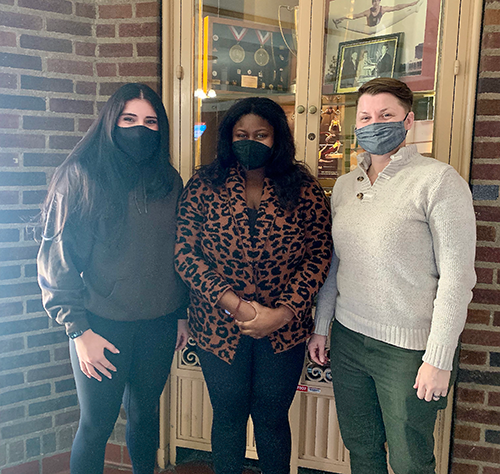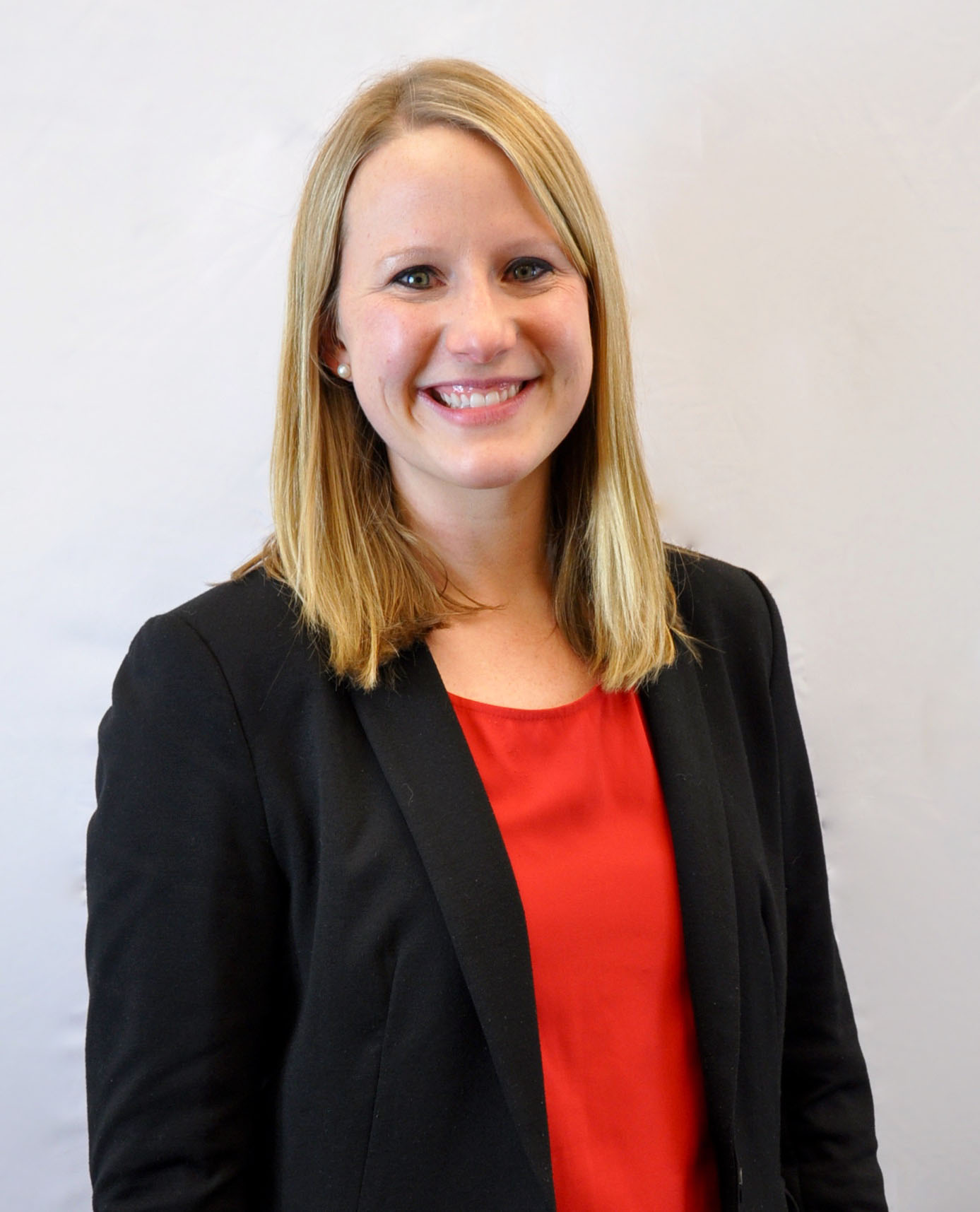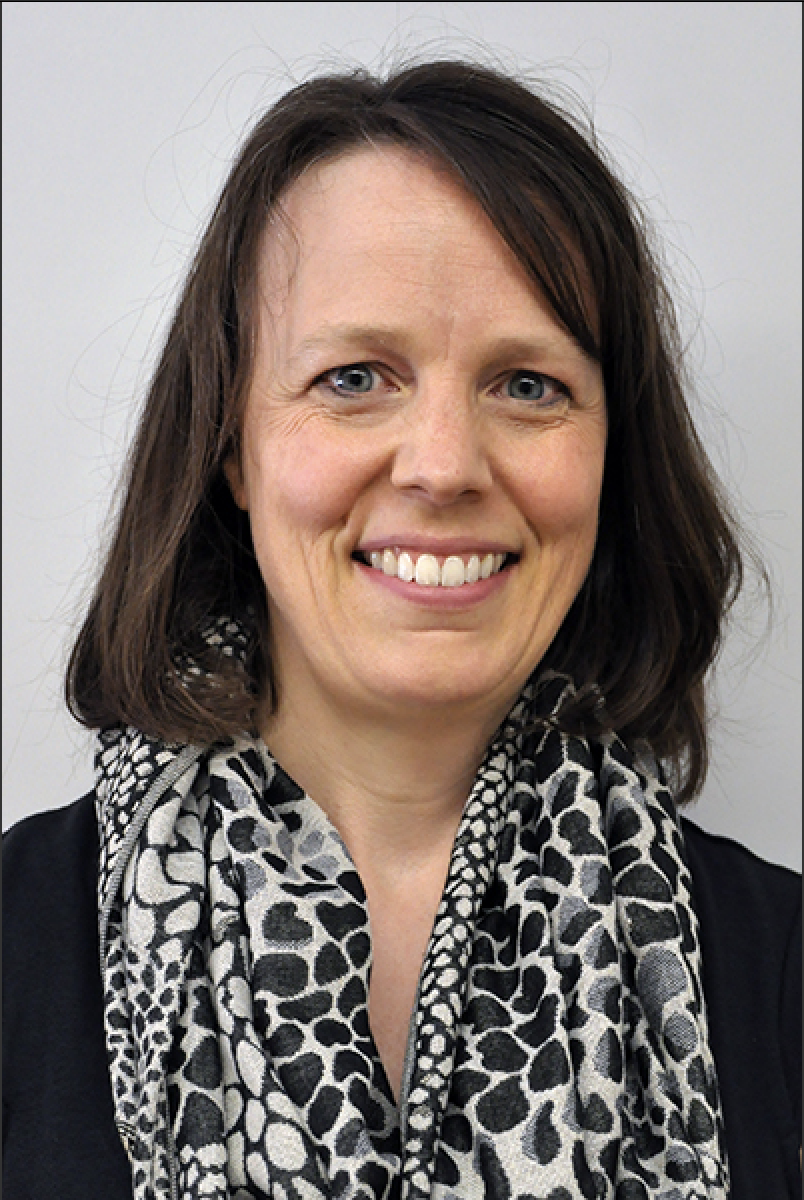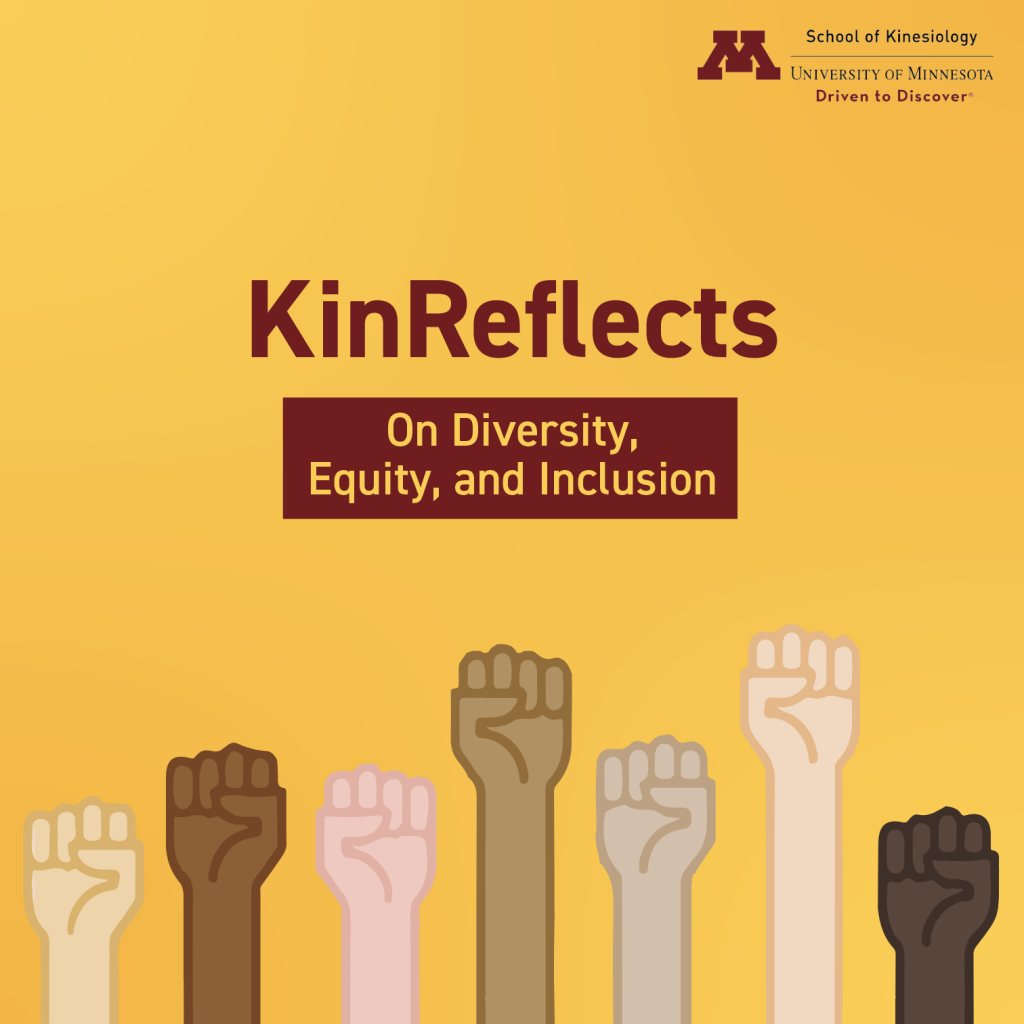To celebrate Black History Month, the School of Kinesiology spoke with a few of its members who are doing their part to promote and encourage diversity, equity, and inclusion.
Lauren Espalin, Akua Tieku, and Megan Netland, are winning members of this year’s GIRSO (Global Institute for Responsible Sport Organizations) Social Innovation in Sport Competition. Their project aims to make hockey more equitable. See more.
Chelsey Thul, PhD, School of Kinesiology lecturer, serves on the CEHD’s Diversity Equity and Inclusion (DEI) Committee, and Tracey Hammell, School of Kinesiology undergraduate academic advisor, is involved in many DEI initiatives.
Why does equity and inclusion matter to you?
“As an athlete, I think it is so beneficial for kids to grow up able to play the sports they want to play and the sports they love. I am grateful I got that experience, but I know that certain people, whether it’s because of their gender, race, etc., don’t get those experiences. I want to change that.” – Lauren Espalin
“When all individuals have access to power, resources, and support and are seen, valued, and heard, is when people can demonstrate their potential, and through this, our community becomes more robust, creative, strong, and resilient.” – Tracey Hammell
”Equity matters to me because everyone deserves what they need for a fair opportunity in all aspects of life. Inclusion matters to me because everyone deserves to be included, valued, and respected for the unique identities, experiences, and perspectives they bring within any context of life.” – Chelsey Thul
“We’ve seen and learned, especially the past two years, that a person’s skin color, gender identity, sexuality, and other marginalized identities determine certain experiences in their life. I think it’s important that we highlight and value these different experiences to bring about new ideas, solve problems in new ways and help us connect.” – Akua Tieku
Why and how do you feel that our strength comes from our diversity?
“The definition of insanity is to repeat the same thing over and over and over again. For 200 years, we have followed the same cultural norms and have listened to the same types of people. To tackle systemic racism, we need to gain outside perspectives — The white perspective is not working.” – Lauren Espalin
“When diverse people come together in a safe environment, the community gains new ideas, experiences, and problem-solving strategies. It creates a space for creativity and growth.” – Tracey Hammell
“Since I know I don’t know everything and know my life experience is different from everyone else, it can only be beneficial to get other perspectives and ideas. They invented the saying, ‘it takes a village’ for a reason.” – Megan Netland
“As an African-American woman and a child of immigrants, I see how people in my community believe strongly in cultivating community and helping each other — a valuable and transmittable strength.” – Akua Tieku
Kinesiology focuses on health and wellbeing—for individuals, families and communities. With that context in mind, how does greater equity and diversity benefit all of us?
“When all individuals, families, and communities have access to healthy food, safe spaces, and opportunities to safely move their bodies, our community becomes healthier. Healthier means our health systems can focus more on preventative care, children will have what they need to be successful students, and people will feel that their physical and mental health is valued.” – Tracey Hammell
“With greater equity and diversity comes an enhanced understanding of each of our intersecting identities, increased empathy, kindness, and compassion among us all, critical awareness of privileges and structures that have long benefited some while also burdening many, and empowerment to each do our part to disrupt and dismantle daily injustices and longstanding systemic oppression to create a future where we can all live our healthiest and best lives together.” – Chelsey Thul
“POC communities face high rates of inequity in health care. Places that are predominantly POC have fewer trees and less clean air. And POC communities suffer high rates of obesity. This stems from systematic racism. With all the benefits of sports — improved health, wellness, self-care, mental health, social-emotional skills, confidence, and perseverance — it’s important that everyone gets the same access.” – Akua Tieku
What work is being done within the School of Kinesiology and broader U of M community to advocate for diversity and promote equity and inclusion?
“School of Kinesiology members are collectively taking courses through the Office of Equity and Diversity to further our understanding of actions that can be taken to create a more inclusive and equitable community.” – Tracey Hammell
“The U now offers a Diversity Equity And Inclusion (DEI) certificate. As students, we can take that and get it for free.” – Megan Netland
“One example is the Diversity, Equity, and Inclusion (DEI) task force—comprised of staff, faculty, and leadership—that met throughout the fall to explore structural areas of growth within the School. One of those areas was a commitment to ongoing DEI training for the department. With knowledge comes increased awareness and responsibility to act in ways that support DEI on a daily and ongoing basis—whether it is in the classroom, in the hallway, in our offices, on Zoom, or in any space!” – Chelsey Thul
“The GIRSO Social Innovation in Sport Competition is major. I also see my classes grow more and more diverse each semester. With class offerings like Sport and Gender, the School is making the necessary steps to create informed future practitioners.” – Akua Tieku







